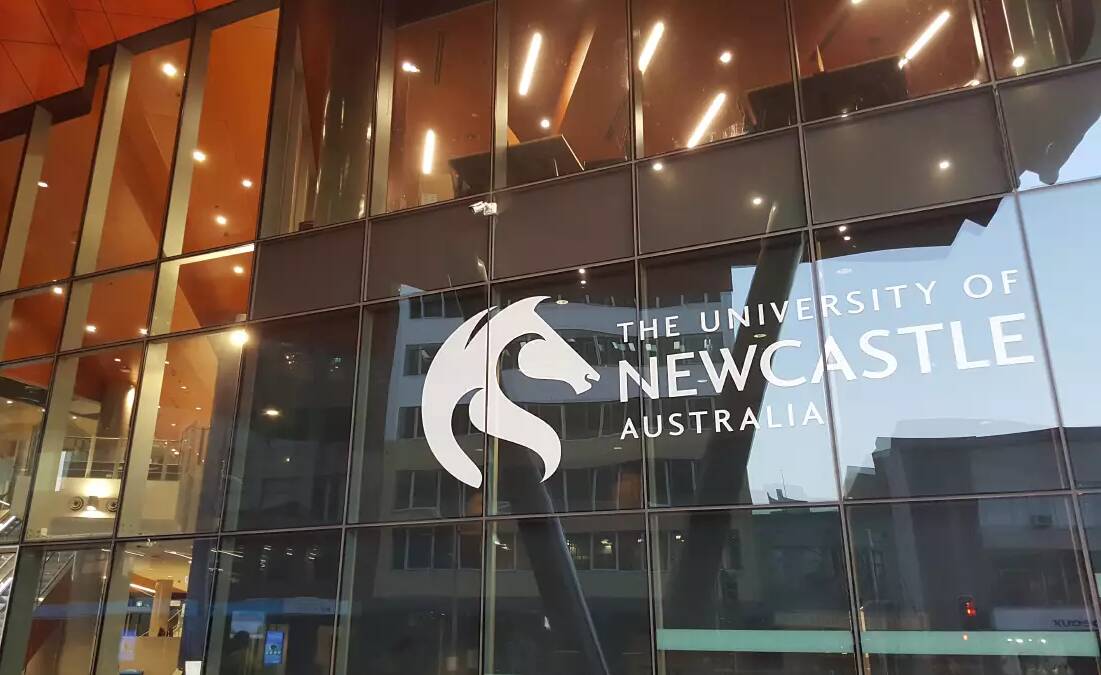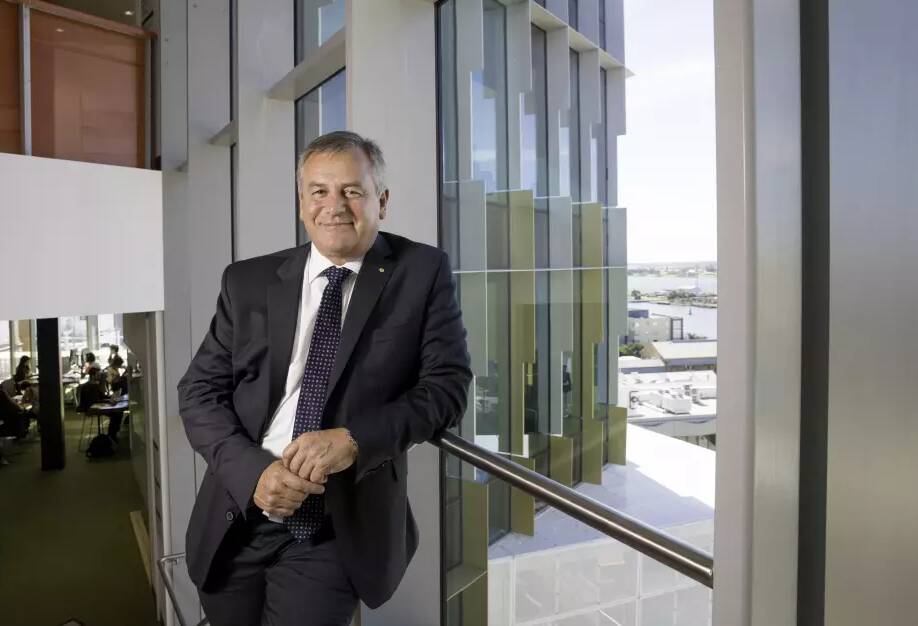
The University of Newcastle has welcomed the Australian Universities Accord final report and its key goal making university education more accessible to more Australians.
The accord final report provides a visionary plan for the higher education sector aimed at improving the quality, accessibility, affordability and sustainability of higher education.
Vice-Chancellor Alex Zelinsky congratulated the accord panel for engaging with a grand vision, big ideas and for recommending reforms that would transform higher education.
"We thank Chair Mary O'Kane and the accord review panel for their willingness to consider innovative reforms, wide ranging improvements, and for placing skills through equity at the heart of Australia's education system," he said.
He said recommendations in the accord report would help achieve a national tertiary education system that is stronger and more equitable that can drive national economic and social development - from our cities through to our regional and rural areas.
"We are particularly pleased The accord has 'skills through equity' at its core with a commitment to improving Indigenous participation in higher education," Professor Zelinsky said.
"Education has the power to change lives and we believe everyone can thrive in the right environment," he said.
The University of Newcastle delivers Australia's largest and oldest enabling education program - Open Foundation - and has helped more than 70,000 students from diverse backgrounds access higher education. Open Foundation began in 1974 and marks its 50th anniversary this year.
"Around one in every five people who graduate from our University came through our pathway program - that's a massive impact for the individuals, their families and our whole communities."
The University of Newcastle enrols more Aboriginal and Torres Strait Islander students than any other university.

The accord recommends 2035 targets for all universities of 3.3 per cent First Nations students and 20.2 per cent lowest quartile SES students for equity group participation.
The University of Newcastle is already exceeding these targets.
"More than 4 per cent of University of Newcastle domestic students are Aboriginal or Torres Strait Islander and our retention rates show we have created a highly successful model."
For 40 years, the Wollotuka Institute - a dedicated centre to support our Aboriginal and Torres Strait Islander students - has helped create a culturally responsive place for them to succeed.
"That kind of dedication and hard work gets results. We have graduated more Aboriginal and Torres Strait Islander teachers, doctors and nurses than any other Australian university," Professor Zelinsky said.
"We're very pleased the Panel has seen the importance of increasing participation of underrepresented groups and that all universities will be encouraged to become places for everyone.
"The accord has skills through equity at its heart. Our University was recognised just last week in a speech by Prime Minister Albanese as the country's leading university for equity and excellence.
"The University of Newcastle is ready to help the Federal government leverage our success and knowledge to support the whole of our Higher Education sector to succeed," Professor Zelinsky said.







